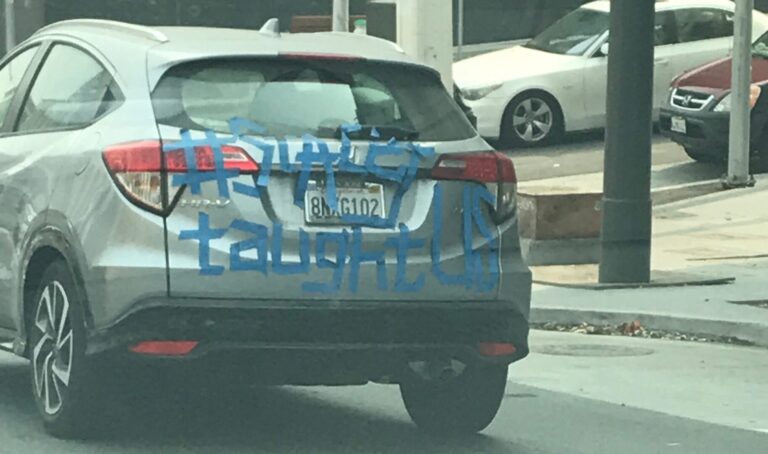We begin with the question “what do we want to keep that the pandemic has given us?” Largely co-written in 2021, this reflexive essay serves as a snapshot in time, at one stage of the pandemic, reflecting upon earlier, shared experiences at one institution of higher education. We locate each of our identities and positionalities in that space and beyond. Our essay uses Moya Bailey’s 2021 discussion of an ethics of pace to frame our thinking and collective memory work and to counter what we identified as the distinct efforts of institutions of higher education to not have places for institutional memory. We articulate that without memory places, it is impossible to build both a history of justice work in institutions of higher education and accountability that this justice work is seen through. And we ask, how are we to build justice and healing in higher education when the place is designed so that we can’t remember things, and when there seems to be a goal to not have institutional memory that remembers how, why, and by whom justice work is done? We answer the question: “what do we want to keep that the pandemic has given us?” with this: “the pace and place to remember.”
Articles by Emily A. Nusbaum
Emily A. Nusbaum teaches courses in interdisciplinary disability studies, disability-centered curriculum, accessible pedagogy, and intro/advanced qualitative research at various universities. She is a lecturer in the Disability Studies minor at University of California, Berkeley. Emily's recent academic efforts have focused on partnerships with multiply-marginalized, disabled community scholars, resulting in the publication of a children’s book, academic articles, public events, and grant funded projects. Her dissertation, “Vulnerable to Exclusion: A Disability Studies Perspective on Practices at an Inclusive School,” won a 2010 American Education Research Association Outstanding Dissertation award. Most recently, her coedited book, Centering Diverse Bodyminds in Critical Qualitative Inquiry (Routledge, 2021) won an American Educational Studies Association 2022 book award. Her work has been published in peer reviewed journals and numerous edited volumes. Emily also spends part of her professional life as an advocate, consultant, and expert witness with families and legal teams in the pursuit of access to high quality general education contexts and curriculum for students labeled with disability who are most at risk for educational segregation and low expectations.
